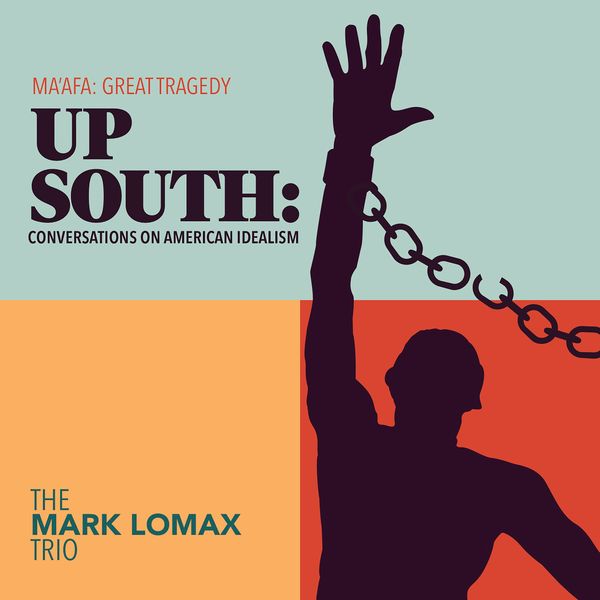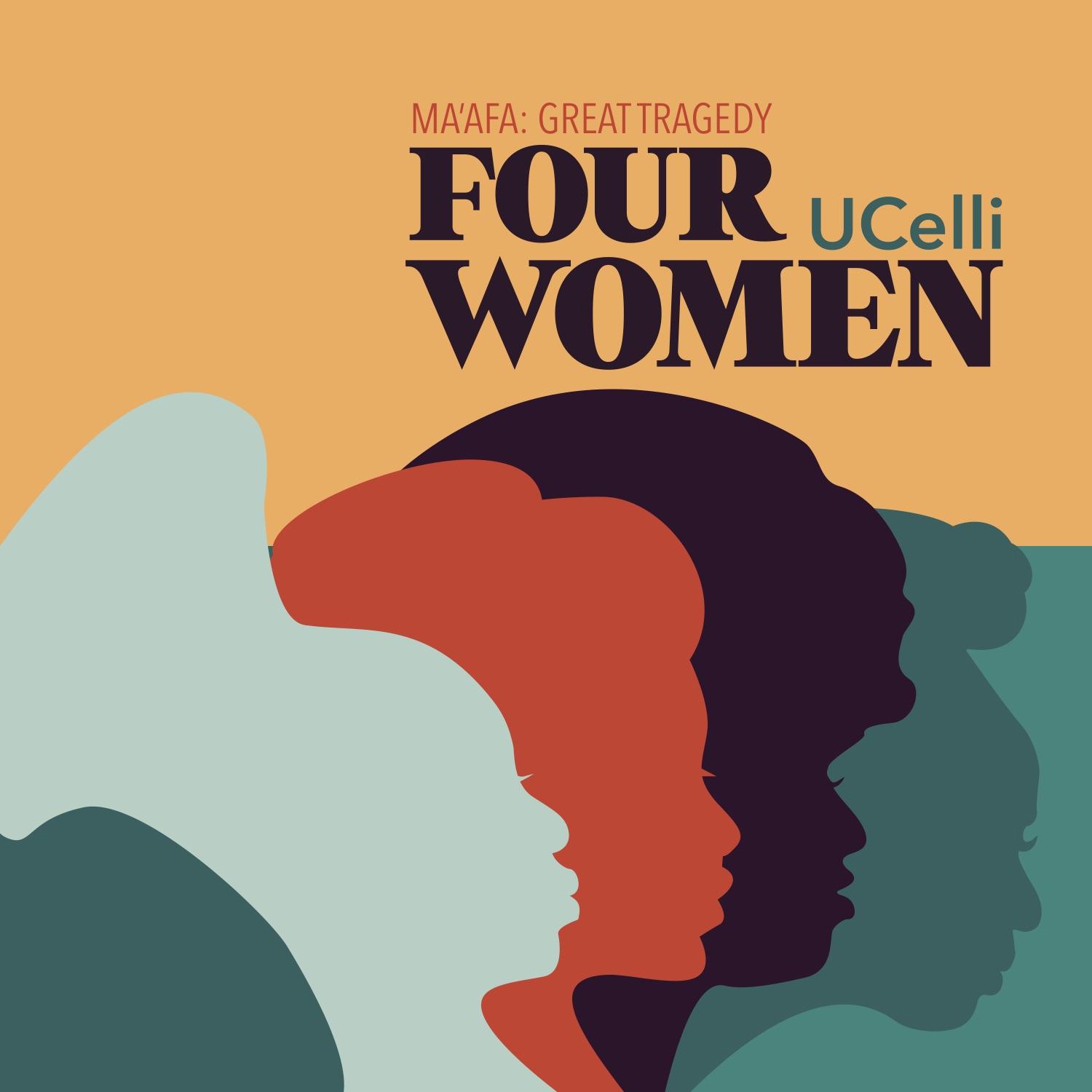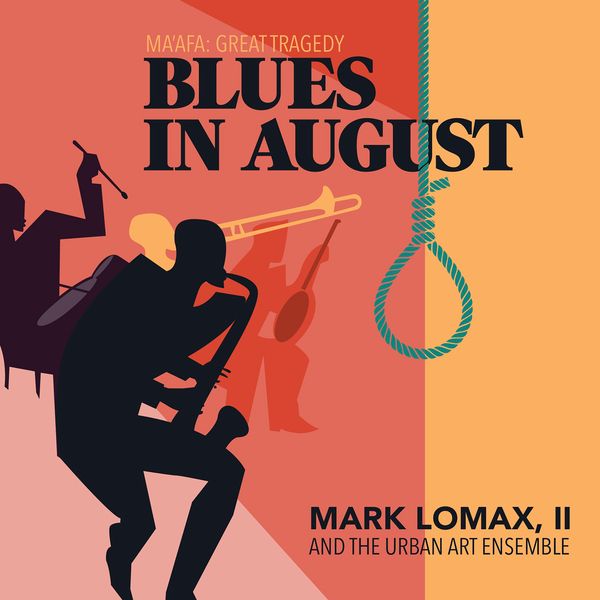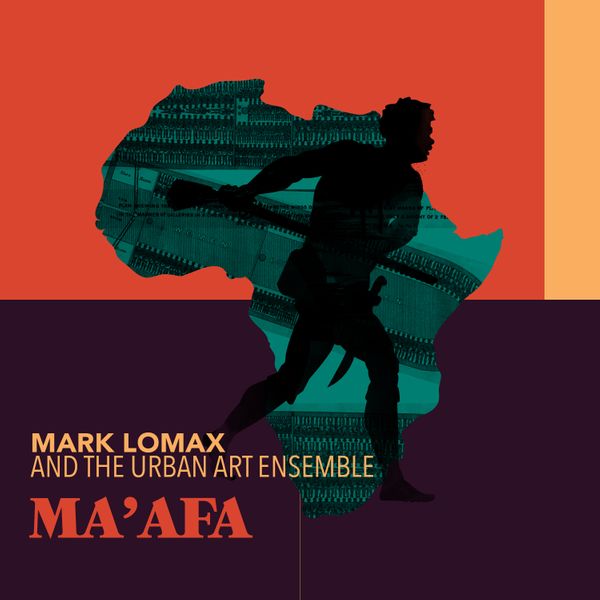
Exposé Online
What's old
Exposé print issues (1993-2011)
- 1 (October 1993)
- 2 (February 1994)
- 3 (May 1994)
- 4 (August 1994)
- 5 (October 1994)
- 6 (March 1995)
- 7 (July 1995)
- 8 (November 1995)
- 9 (March 1996)
- 10 (August 1996)
- 11 (February 1997)
- 12 (May 1997)
- 13 (October 1997)
- 14 (February 1998)
- 15 (July 1998)
- 16 (January 1999)
- 17 (April 1999)
- 18 (November 1999)
- 19 (May 2000)
- 20 (October 2000)
- 21 (March 2001)
- 22 (July 2001)
- 23 (December 2001)
- 24 (April 2002)
- 25 (September 2002)
- 26 (February 2003)
- 27 (August 2003)
- 28 (December 2003)
- 29 (April 2004)
- 30 (September 2004)
- 31 (March 2005)
- 32 (September 2005)
- 33 (May 2006)
- 34 (March 2007)
- 35 (January 2008)
- 36 (October 2008)
- 37 (July 2009)
- 38 (July 2010)
- 39 (Summer 2011)
Reviews
The Mark Lomax Trio — 400: An Afrikan Epic, Vol.6 - Up South: Conversations on American Idealism
(CFG Multimedia, 2019, CD)
Mark Lomax, II / U Celli — 400: An Afrikan Epic, Vol.7 - Four Women
(CFG Multimedia, 2019, CD)
Mark Lomax, II & the Urban Art Ensemble — 400: An Afrikan Epic, Vol.8 - Blues in August
(CFG Multimedia, 2019, CD)
Mark Lomax, II & the Urban Art Ensemble — 400: An Afrikan Epic, Vol.5 - Ma'afa
(CFG Multimedia, 2019, CD)
by Jon Davis, Published 2019-10-24




Moving along from the first section of 400: An Afrikan Epic by composer / percussionist Dr. Mark Lomax, II (reviewed previously), is another set of four albums, this time grouped as Ma’afa: Great Tragedy. We get a far greater variety of instrumentation in this section than in the first, which featured mostly Lomax’s quartet and a percussion ensemble.
For the fifth CD in the series (individually titled Ma’afa), Lomax teams up with The Urban Art Ensemble for a relatively short (less than 25 minutes) depiction of the tortuous trip across the Atlantic in the hold of a slave ship. The ensemble consists of William Manley and Erin Gilliland (violins), Norman Cardwell-Murri (viola), Mary Davis (cello), Edwin Bayard (tenor saxophone), and Dean Hulett (bass), along with Lomax on drum set and William Menefield conducting. The group is treated mostly like a jazz trio with an added string quartet, and the sax gets the lion’s share of the spotlight. I can’t definitively say that there is no improvisation in the string parts, but for the most part they provide colorful backing and thematic support for the jazz players. “Day 1” depicts the captives’ first day at sea, and is full of woozy glissandos from the strings in imitation of the rolling waves. Other pieces present a variety of modern string quartet sounds, with creative use of dissonance. “Day 45” has an arco bass solo where Hulett imitates the creaking of a wooden ship on the high seas. By “Day 60” we sink into a hopeless depression, with a bluesy sax backed by more creaky scrapes on the bass and free-flowing waves of drums. The set finishes with “Day 90,” a poignant blues which sounds like it’s based on an old spiritual.
Bayard, Hulett, and Lomax are on board for the next segment of the epic, Up South (subtitled “Conversations on American Idealism”), operating as a trio without any embellishments. The two tracks are each around the half hour mark in length, and both move through varying sections, some free and some more or less composed. In addition to full trio sections, each player gets solo spots, and each of the possible duo combinations is explored. While all of the parts are intriguing on their own, I find the whole more than a little overwhelming. This is serious music requiring a serious commitment from the listener, far removed from music as entertainment.
Part VII of the epic is called Four Women, and it’s performed by UCelli, a cello quartet based in Columbus featuring Pei-An Chao, Mary Davis, Cora Kuyvenhoven, and Wendy Morton. The four women honored with compositions are Queen Nzinga, Ida B. Wells, Angela Davis, and Chimamanda Ngozi Adiche. If at first it seems that a four-cello ensemble would lack variety, think again. Between all the different techniques available on the instrument and the wide range of pitch possible, you’ll never be left wanting for more breadth in sound. All four cellists are outstanding players, and of course it’s impossible to single anyone out, not that there’s a need. Lomax’s compositions are an appealing blend of challenging and accessible, seamlessly integrating elements of blues, gospel, 20th Century Classical, and jazz. Sections of “Portrait of Ida B. Wells” have two cellos doing pizzicato boogie-woogie rhythms while the other two provide melody and harmony — both artistic and fun. All in all, Four Women is one of my favorite volumes in the entire epic.
Finally we have Part VIII, Blues in August, labeled “A Tribute to August Wilson.” Each piece takes its title and inspiration from one of Wilson’s plays, and the music is performed by the same group that was on Part V. Once again, the string quartet is cast in a supporting role, but the overall mood is brighter, more melodic and with references to popular and jazz music. While on the whole, these pieces are more structured and idiomatic of traditional jazz than some of the other albums, the music is far from predictable, and the performances are excellent. Bayard in particular is a commanding presence on tenor, a forceful player capable of both soulful blues and impassioned howls. On “Joe Turner” he switches to soprano to great effect, avoiding any hints of the sappy tone so many soprano players have. Lomax himself is stellar as always, a true original on jazz drums. Hulett is a great bassist in all of the varied settings that Lomax throws at him, whether rhythmic, melodic, or imitative of non-musical sounds. As for the use of the string quartet, in this set they fulfil numerous different roles, and the arrangements are smart, diverse, and perfectly suited to the compositions. Blues in August is definitely one of the highlights of 400.
Filed under: New releases, 2019 releases
Related artist(s): Mark Lomax, II
What's new
These are the most recent changes made to artists, releases, and articles.
- Review: The Spacelords - Nectar of the Gods
Published 2024-04-25 - Release: 8x8 - New Data New Day
Updated 2024-04-24 12:13:42 - Review: Aglaia - Inner Enchantments
Published 2024-04-24 - Release: 8x8 - Life During Wartime
Updated 2024-04-23 17:55:39 - Review: Cheer-Accident - Vacate
Published 2024-04-23 - Release: s475e - Next Stop Earth
Updated 2024-04-22 16:06:30 - Artist: s475e (Darius Speier)
Updated 2024-04-22 16:05:44 - Release: Jim Black & the Shrimps - Ain't No Saint
Updated 2024-04-22 15:59:58 - Release: Jim Black Trio - Reckon
Updated 2024-04-22 15:58:55 - Release: Jim Black - Malamute
Updated 2024-04-22 15:57:31 - Release: Jim Black Trio - The Constant
Updated 2024-04-22 15:56:17 - Release: Natsuki Tamura / Jim Black - NatJim
Updated 2024-04-22 15:54:36 - Release: Mono - Oath
Updated 2024-04-22 15:49:48 - Release: The Cyberiam - Unobtainium
Updated 2024-04-22 15:46:54 - Release: Pete Ham - Keyhole Street
Updated 2024-04-22 15:44:27 - Release: Pete Ham - Golders Green
Updated 2024-04-22 15:43:29 - Release: Pete Ham - 7 Park Avenue
Updated 2024-04-22 15:41:03 - Release: Human Feel - Gold
Updated 2024-04-22 15:35:23 - Release: Ikue Mori - Obelisk
Updated 2024-04-22 15:33:39 - Release: Human Feel - Galore
Updated 2024-04-22 15:25:33
